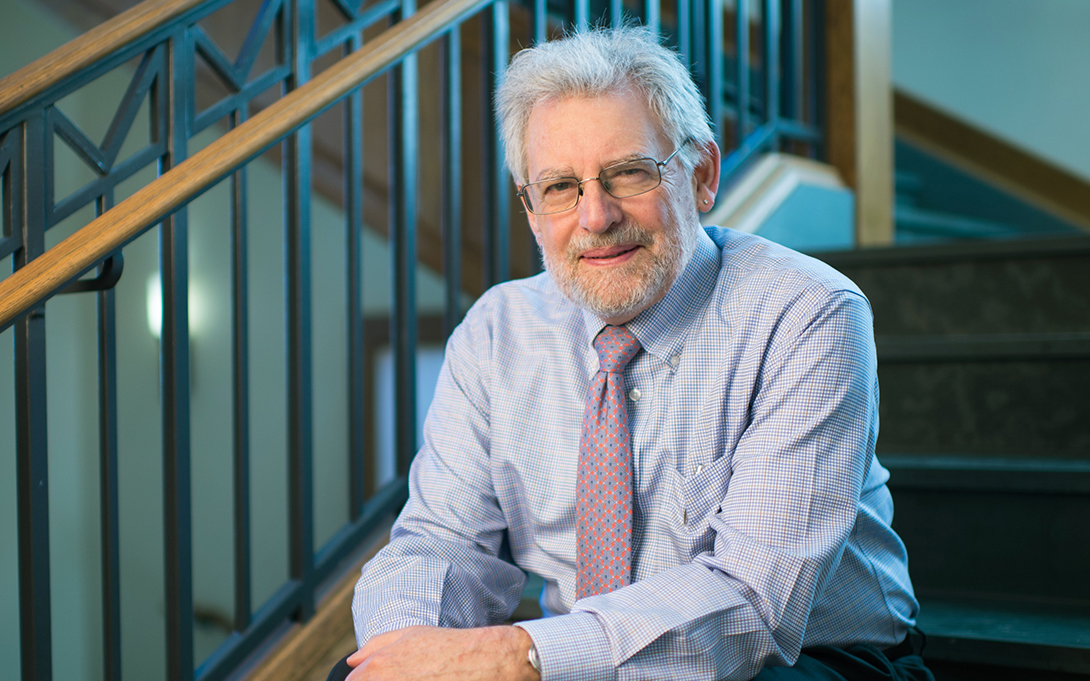
Before COVID-19 began to consume our daily news coverage, we asked nine Ford School faculty what policy topics 2020 political candidates should be talking about.
Javed Ali, Towsley Foundation Policymaker in Residence: There is a lot more we can do at the national level and at the state and local level about the threat of domestic terrorism. After all of the domestic attacks in the summer of 2019, are we willing to accept that this is the new normal?
Paul Courant, Edward M. Gramlich Distinguished University Professor of Economics and Public Policy: If we were having a real discussion about policy, and not just about defeating the incumbent, then the main issue should be looking at the Tax Cuts & Jobs Act. That would be enough to run against, because it is bad policy, bad law, poorly written, helps people who don’t need it, and created some stimulus in an economy that didn’t need it.
Alan V. Deardorff, John W. Sweetland Professor of International Economics: The trade issue is being side-stepped by the Democrats because they largely agree with President Trump. When they are running for office or in Congress, Democrats express doubts about trade agreements; when they become president, they learn they have to deal with other countries.
Elisabeth Gerber, Associate Dean for Research and Policy Engagement: All of the large automakers and tech companies, as well as thousands of startups, are working on the autonomous transportation revolution, but our basic infrastructure is falling apart. Interstate transportation is essential to our economy. 
Jonathan Hanson, Lecturer: Flying under the radar is a systematic effort to pare federal regulations relating to environmental protection, the consequences of which may not be known for some time. The administration has rolled back over 90 environmental rules, around air pollution, infrastructure, toxic substances, and water pollution, among others.
Paula Lantz, James B. Hudak Professor of Health Policy: The discussion about health is myopically focused on health insurance coverage and cost. Rarely do candidates talk about policies related to health: public health, social policy, and health care policy beyond insurance reform.
Ann Lin, Associate Professor: We should be talking about legal immigration, which can really change the country. We are seeing the destruction of a very effective asylum system, and that has caused a humanitarian disaster  at the border. We lose the dynamism that legal immigrants bring – whether skilled or unskilled -- and when we close off legal means, we condemn those people to exploitation.
at the border. We lose the dynamism that legal immigrants bring – whether skilled or unskilled -- and when we close off legal means, we condemn those people to exploitation.
Sarah Mills, Senior Project Manager, CLOSUP: With all the talk about the Green New Deal and changes in federal policy, people have to understand that state and local governments play a huge role in the decisions about where renewable energy infrastructure gets built. Progress is being made in states like Iowa and Texas through a web of state and local policies that address tax policy, extend the grid, and other interconnected issues.
Luke Shaefer, Kohn Professor of Social Justice and Social Policy and Director, Poverty Solutions: When talking about judicial reform, it’s time to get down into the nitty-gritty of what that means, not just fines and fees, but things like driver's license suspension. The root cause of these problems is money, as cash-starved states look for ways to balance the budget. The policies weren't explicitly intended to oppress those who are poor, but they have had that effect.
Below is a formatted version of this article from State & Hill, the magazine of the Ford School. View the entire Spring 2020 State & Hill.